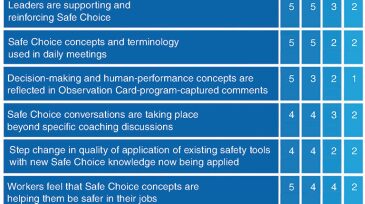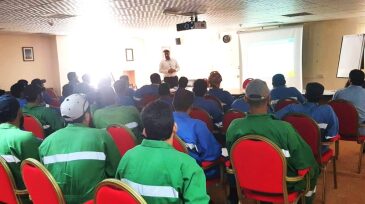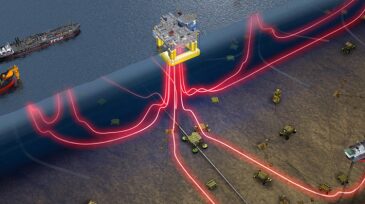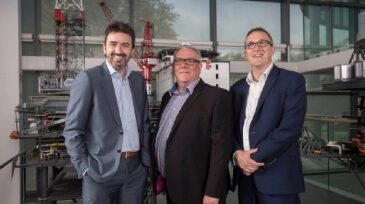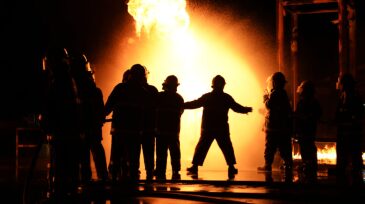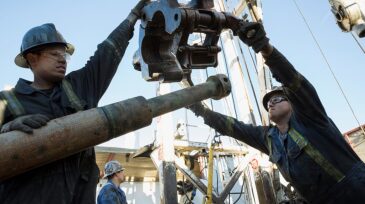Safety
The company said its frequency of serious incidents was down at the end of the year from its levels at the end of 2024.
This paper examines how real-time monitoring can improve both incident prevention and emergency response in the oil and gas industry. Drawing from real-world examples and case studies, it provides practical strategies for implementing this technology effectively.
This paper presents a novel application of artificial intelligence in computer vision for automating blowout-preventer pressure-chart-data extraction, demonstrating significant efficiency gains and a high return on investment.
-
This paper discusses ExxonMobil’s focus on the next phase of its safety journey through advancement of individual awareness and decision making to help drive breakthroughs in the operator’s vision of safety.
-
This paper provides an overview of the company’s journey toward preventing significant process-safety incidents. Each step involved in this journey plays a key part. By focusing the improvement of the process on individual steps, the overall learning process has improved significantly.
-
Concern has been growing in the oil and gas industry about the high frequency of mooring line failures. While physical tension sensors can be difficult and costly to maintain, machine learning has shown to be a more-accurate and less-costly method for structural integrity assessment.
-
A new package of regulations governing workers’ safety in the oil and gas sector in Guyana is being crafted, said the country's occupational safety and health consultant at the Ministry of Social Protection, Gwyneth King.
-
CIS has been awarded the President’s Award for Occupational Health and Safety from the UK’s Royal Society for the Prevention of Accidents.
-
Oil and gas performance specialist Salos has teamed up with a human behavior consultancy to reduce health and safety risks in the sector. The Aberdeen-based business has worked closely with HFB Consulting over the past year to create an aviation training plan tailored to the oil and gas industry.
-
The Petroleum Authority of Uganda, together with the Ministry of Health and the Uganda Health Federation, held a one-day conference to discuss health investment opportunities in the oil and the gas sector while highlighting the standards expected.
-
The practice of safety has a definite ethical component. Often, the most ethical actions to take are obvious, such as the choice between a legal action and an illegal one. Other times, there are many considerations that may cloud decision-making.
-
Recommended Practice 2001, Fire Protection in Refineries, includes important revisions on hazard analysis, new ways to improve the design of refineries to help prevent fires, and new information on managing the potential environmental impact of firefighting foams and marine firefighting.
-
In process industries, major accidents can result in numerous severe injuries or fatalities. This study reviews the broken human factors and barriers leading to these events and highlights key aspects of a technological-risk-assessment processes.




